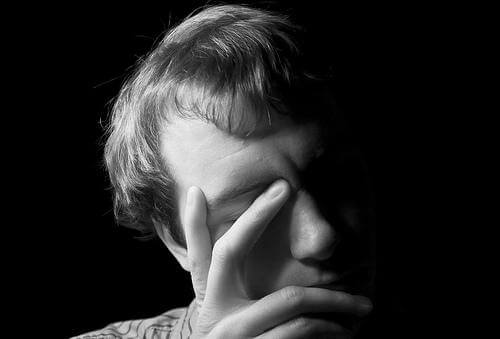“Sick jealousy is the ultimate expression of one’s own insecurity.
We all feel jealous from time to time. In fact, it’s a normal reaction to the feeling that a valuable relationship is threatened. Healthy jealousy makes our family, partners and friends say, “You are important to me and I don’t want anything to happen to our relationship. . “
- However.
- Just as there are healthy and normal jealousy.
- There are also excessive or pathological jealousy.
- We can call them “sick jealousy.
- “.
Most cases of unhealthy jealousy occur between husband and wife, or between couples. These jealousy clings to the delusional idea that your partner is disloyal, if there is evidence or not to support your conclusion. his partner and is obsessed with looking, chasing and trying to surprise his partner by doing something he shouldn’t have done.
These jealousy can occur to both men and women, however, it is more common and more dangerous in the case of men.
Unlike normal jealousy, this type of jealousy can last for years. Jealous people often focus on insignificant events to accuse their partner of infidelity and are unwilling to change their minds when logical evidence seems to be wrong.
In the most chronic cases the jealous reaches the extreme of being violent with his partner, it is also common for the jealous to try to hurt himself, this usually happens with people with paranoid personalities or is usually accompanied by other psychosis or disorders. , such as obsessive-compulsive disorder.
Tom Valeo, in the article When a drug leads to suspicions of infidelity, mentions that he has seen cases of sick jealousy in several patients with Parkinson’s disease. Although not very common, sick jealousy has been observed as a side effect caused by medications that Parkinson’s. patients take it to stimulate dopamine production.
Cocaine, methamphetamine or other drugs that produce a sharp increase in dopamine can also have a similar effect, in these cases it has been very effective to treat this type of jealousy by simply decreasing the dose of the drug or overcoming dependence.
Unfortunately, most cases of pathological jealousy are not as simple, this type is found in cases of schizophrenia, neurosis, bipolar disorder and patients with right frontal lobe injuries, it is also common in alcoholics and people with sexual dysfunction.
Jealousy definitely blossoms when the person does not feel safe, does not feel loved and has an intense desire to be in a position of control.
To get help, it is essential to go to a psychologist, psychiatrist or even a sexologist, in some cases a therapy that includes both members of the couple can offer great benefits, a health professional can make a complete assessment to determine the causes and therefore indicate the best treatment.
Image credits: Mike Hoff.

